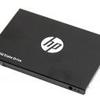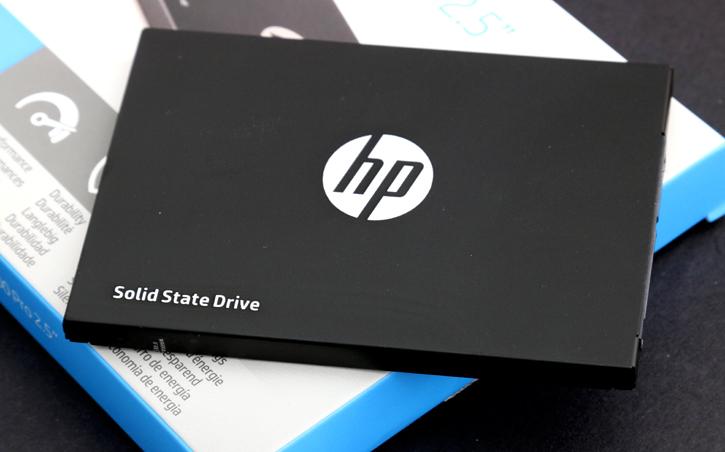Final Words & Conclusion
Final Words & Conclusion
It is good to see SATA3 SSDs at 1 TB volume size these days at value prices, 1TB still belongs in the SATA3 domain, 2TB growing to even 4 TB is SATA3 territory for easy cold storage aimed at your PC and NAS solutions. This SSD can be rated roughly 650 TBW, thus guaranteed at 650 Terabyte written I mean ... if you write say 20 GB a day / 365 days a year that would be 7.3 TB per year then you are looking at 89 years of lifespan, easily even as these units often write way beyond what is rated. Of course, half that for the 500 GB version. Typically we often see TLC NAND issues with linear and sustained writes, e.g. after writing a couple of GB the performance drops. It is not documented, but we think that HP makes use of an SLC written NAND cache. During our tests, it'll write fast sequentially up-to 425~500MB/s.
Performance
This SSD writes and reads serious amounts of tiny files in a fast enough fashion. IOPS is not something you as a consumer should worry about too much unless you are doing a lot of database related work or create similar workloads on your PC, but this SSD certainly ranks high within this aspect. Trace testing - it seems that the SSD hits a bottleneck here, thus in the more advanced and complex workloads, the performance caved in fast. A trace test can emulate what you guys do on your PC but then multiply it by a factor of 100; this test puts more focus on read performance opposed to writing though. The outcome of the results with the HP S750; sustained read/write performance, again fine but not super fast. Zoom in at both IOPS and trace performance, and you'll notice that the SSD can manage serious workloads without breaking so much as a drop of sweat. So whether you write lots of small files, copy big MKV movies or do it all together, the unit remains a reliable performer on all fronts.
Concluding
As you have been able to see, overall the SSD performs 'okay' at best within the SATA3 segment. Quite interestingly we noticed it was battling with the 870 QVO series from Samsung quite a lot and that latter one is actually a QLC SSD, this one writes TLC based on 96-layer NAND. In the end, we feel the SSD is not quick enough for what it needs to be in the SATA3 segment as a PC OS drive. We say this as it is no slough, and it will run the advertised speeds in synthetic benchmarks and mostly sequential workloads (like large ISO and movie files), it does not hit any TLC write hole there either. However, once you get complex workloads with smaller files, the SSD starts to slow down swiftly. In a lot of data traces and more complex workloads, we noticed that very distinctly, the SSD falls behind significantly with inept average access times. So for this drive to make sense, it needs to be cheap as for cold storage (MP3/Movies/Etc), for that it would be very suitable. For an OS, I'd steer you towards something M.2 NVMe. Pricing then, this is the current MSRP:
- S750 - 1TB MSRP $119.99
- S750 - 512GB MSRP $69.99
- S750 - 256GB MSRP $44.99
As you can see at the ASSD is priced roughly 12 cents per GB. And unluckily for that money, you can already purchase potent M.2 NVMe SSDs. So I can see this SSD series as a quick and easy upgrade or usage in a NAS well, but prices would need to sit at least at 10 cents per GB or lower for it to make any real sense, as there are more interesting competitive offers in this very saturated market segment. I mean an MX500 sells at 103 USD for the same volume size. So that's the fight that HP needs to battle. HP will give this SSD a three-year warranty with decent TBW values. I think a recommended award is perhaps too much, but give this SSD the right circumstances in say a NAS and perhaps with a nice rebate to that 100 USD level then, it would be at least approved.
We thank BIWIN for supplying this review sample, they are an official HP Business Partner.
Recommended Downloads


